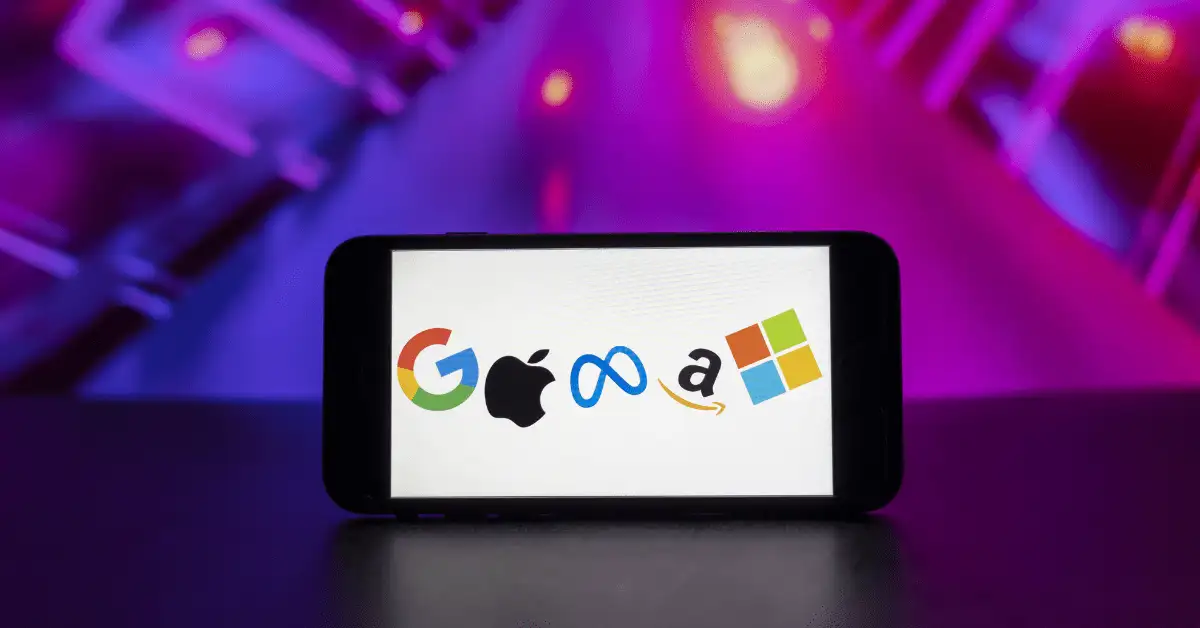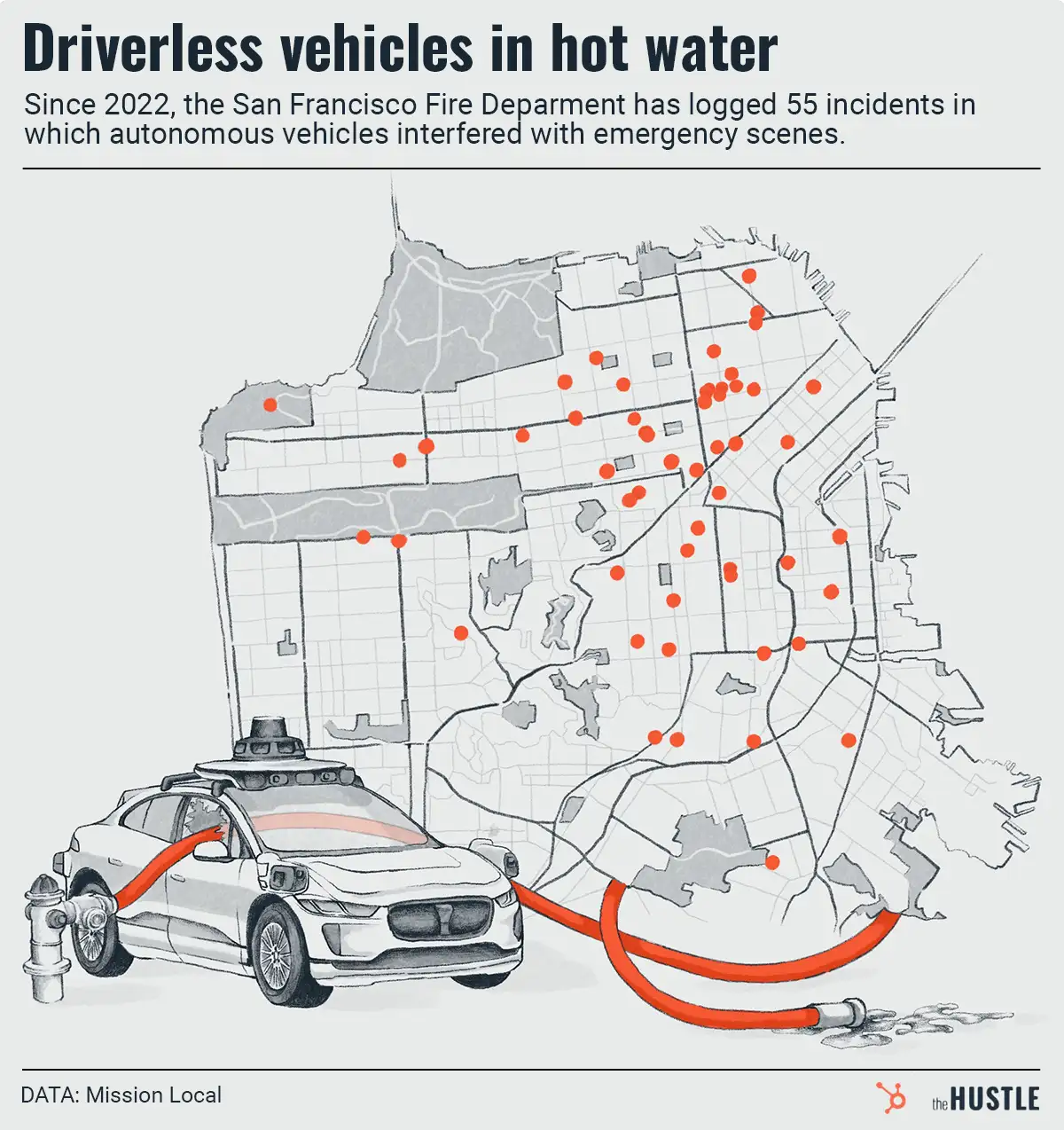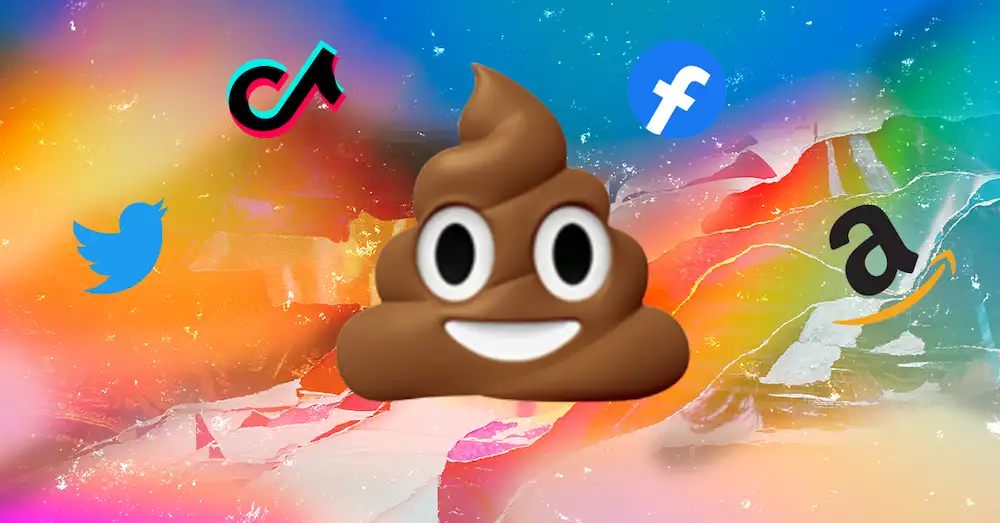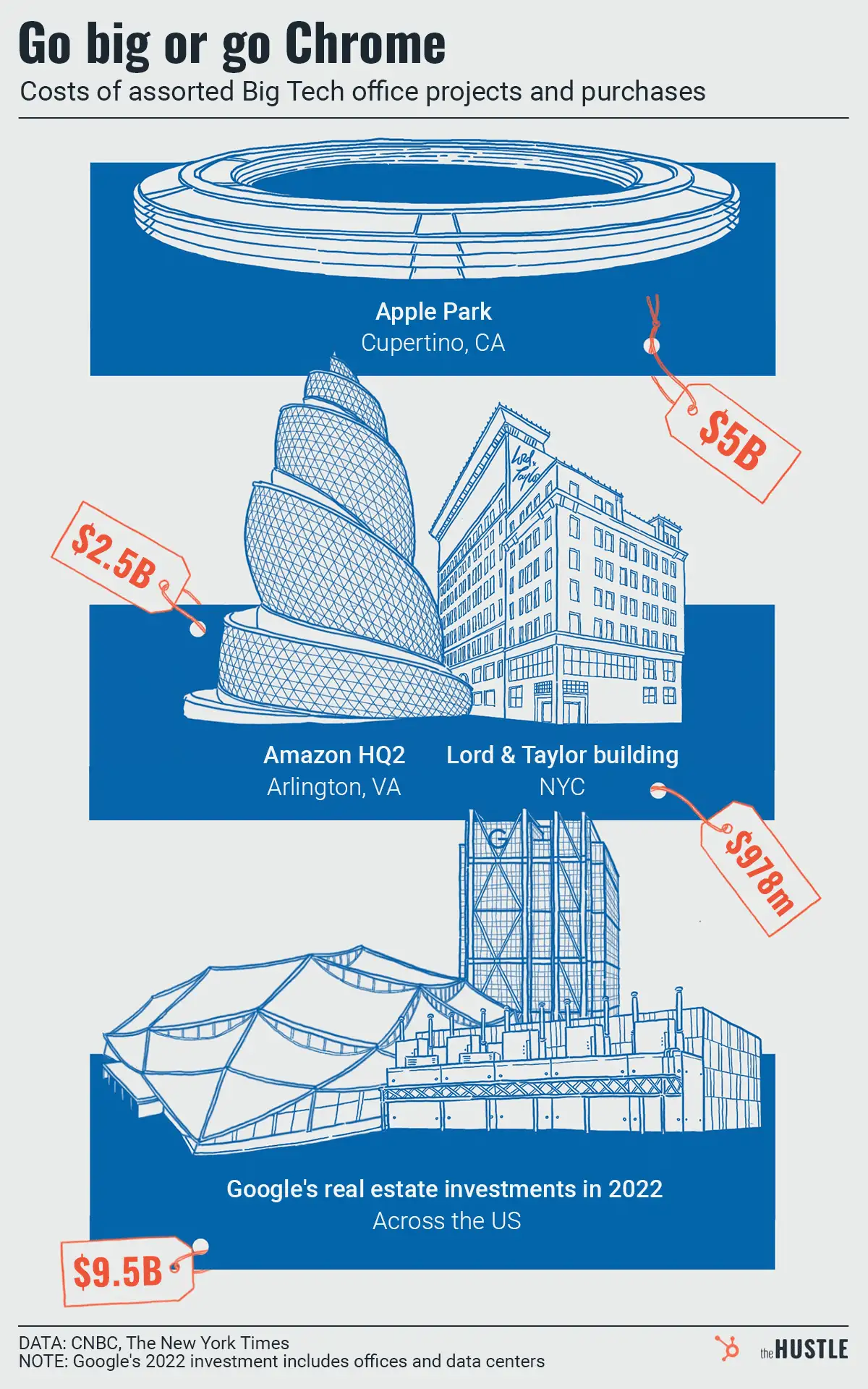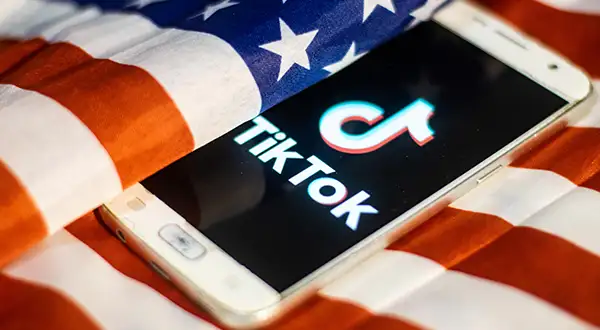By Trung Phan (@TrungTPhan)
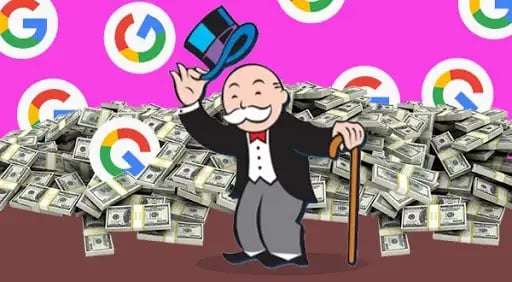
***
Peter Thiel once said that “the people who have monopolies pretend not to.”
If we ever needed a tangible example, a leaked 2019 Google document highlighting 5 rules for written communication does the trick.
Obtained by The Markup, the document starts by saying, “Words matter. Especially in antitrust law” — and highlights how Microsoft got in antitrust hot water when its employees threatened to “cut off Netscape’s air supply.”
Watch what you say
In an attempt to deflect perception of a monopoly in search and other products, Google coaches its employees. Massage your language, with some talking points:
- We’re out to help users, not hurt competitors.
- Our users should always be free to switch, and we don’t lock anyone in.
- We’ve got lots of competitors, so don’t assume we control or dominate any market.
- Don’t try to define a market or estimate our market share.
- Assume every document you generate, including email, will be seen by regulators.
The Markup noted that during Congress’ recent antitrust rodeo, Google CEO Sundar Pichai practiced what the company preaches.
Pichai fielded 61 questions and “did not say the words ‘network effects’ or ‘dominant’ once and steered clear of defining any particular market.” Now that’s discipline.
How The Hustle talks monopoly
We have some other suggestions for how Google can try not to sound like a monopoly — ad-libbed from the American Film Institute’s top 5 movie quotes ever:
- “Frankly, my dear, we’re not a monopoly.” (Gone With The Wind)
- “I’m going to make him an offer he can’t refuse, because it’s extremely fair.” (The Godfather)
- “I coulda been a contender but the market is so competitive.” (On the Waterfront)
- “Toto, I have a feeling we’re not in a dominant position anymore.” (The Wizard of Oz)
- “Here’s looking at you, kid, who is allowed to switch to other services freely.” (Casablanca)


